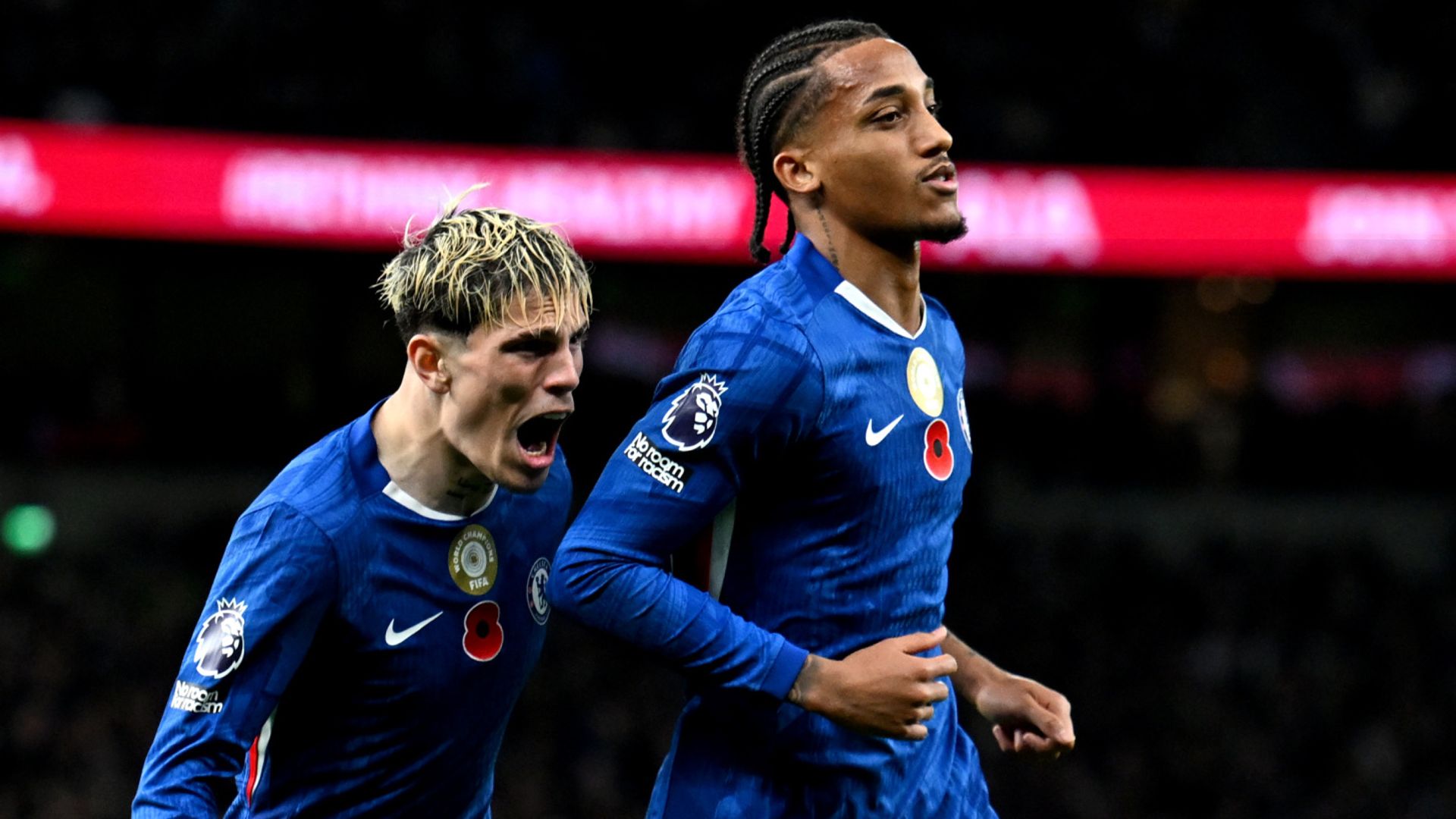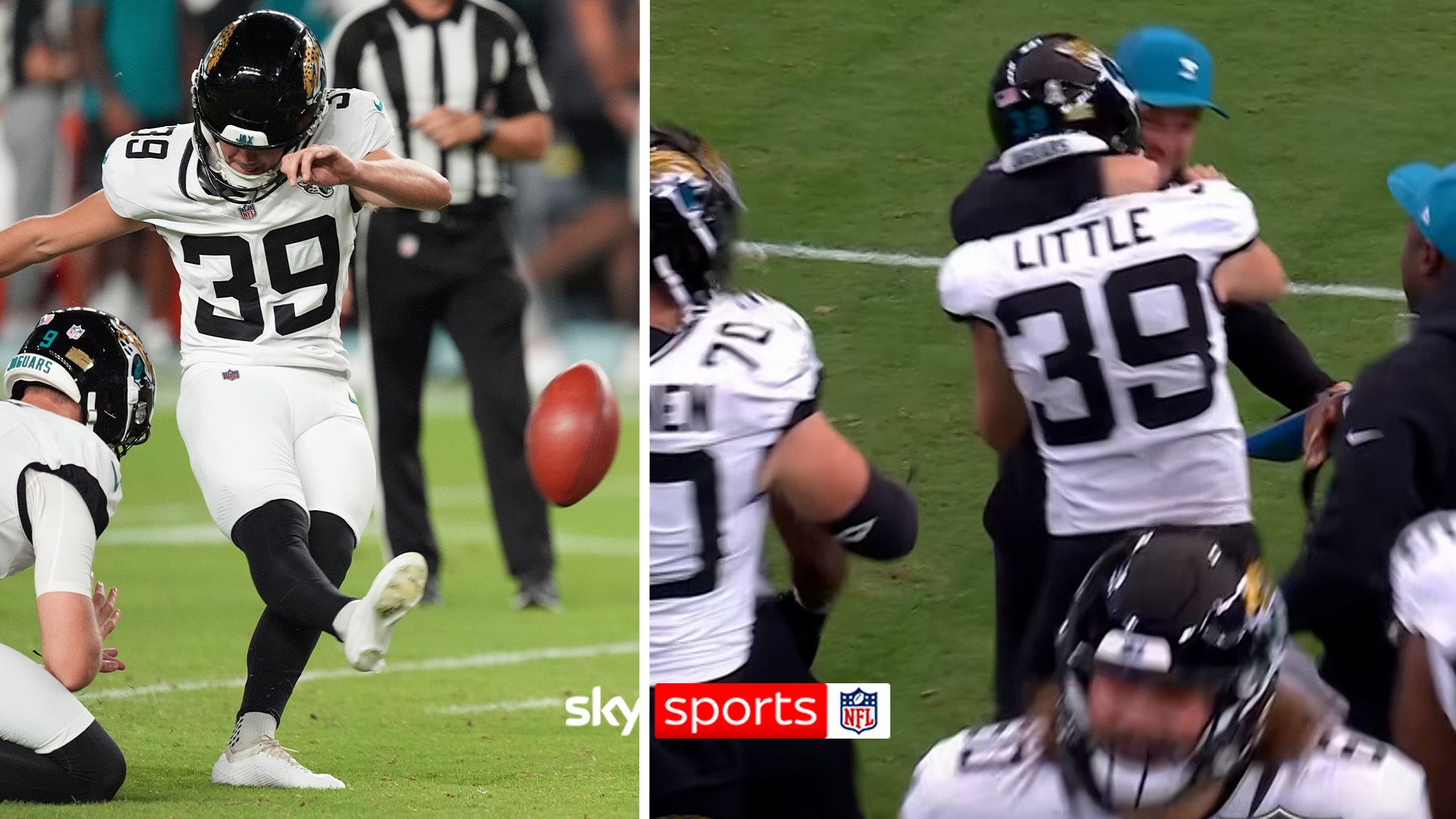Spence and Van de Ven’s Apology: A Stark Reflection of Disunity in Modern Football’s Hierarchy and Player Accountability
In the aftermath of Tottenham Hotspur’s narrow 1-0 defeat to Chelsea, a significant incident unfolded that has raised eyebrows and sparked debate within the football community. Head coach Thomas Frank revealed that players Djed Spence and Micky van de Ven offered apologies for ignoring him at full-time. This incident is not merely a minor footnote in a match report; it is emblematic of a deeper issue within professional football, one that touches on themes of authority, accountability, and the evolving dynamics between players and coaches.
The relationship between players and coaches has always been a complex one, often characterized by a delicate balance of respect and authority. In recent years, however, this balance has been increasingly tested. The rise of social media and the influence of player power have transformed the landscape of professional football, leading to a situation where players sometimes feel emboldened to act independently of their coaches. This shift raises questions about the traditional hierarchy within teams and the implications it has for performance and unity.
Djed Spence and Micky van de Ven, both relatively young players, find themselves at the center of this controversy. Their decision to ignore their coach at full-time could be seen as a sign of disrespect, but it may also reflect the pressures and expectations placed upon them in a high-stakes environment. The modern footballer is often thrust into the spotlight, facing scrutiny from fans, media, and even their peers. In such an environment, the pressure to perform can lead to reactions that may not align with the expectations of the coaching staff.
The context of the match itself cannot be overlooked. Chelsea and Tottenham have a long-standing rivalry, and the stakes are always high when these teams meet. A defeat in such a match can feel particularly devastating, not just for the players but for the entire club. In this charged atmosphere, emotions run high, and players may react in ways that are not always conducive to team cohesion. The fact that Spence and van de Ven felt the need to apologize suggests an awareness of the potential fallout from their actions, but it also raises questions about the underlying issues that led to such behavior in the first place.
Moreover, the incident highlights the broader theme of accountability in professional sports. In an era where players are often seen as brands in their own right, the lines between individual responsibility and team dynamics can become blurred. The actions of Spence and van de Ven could be interpreted as a failure to adhere to the collective ethos that is essential for any successful team. However, it is also crucial to consider the role of the coaching staff in fostering an environment where players feel supported and understood. The relationship between a coach and their players should be built on mutual respect and open communication, allowing for healthy dialogue even in the face of adversity.
This incident also brings to light the growing trend of player empowerment within football. As players gain more influence over their careers and the direction of their teams, the traditional power dynamics are shifting. This empowerment can lead to positive changes, such as increased advocacy for mental health resources and better working conditions. However, it can also result in tensions when players feel disconnected from their coaches or the club’s vision. The challenge for modern coaches is to navigate this evolving landscape while maintaining authority and fostering a sense of unity among their players.
The repercussions of such incidents extend beyond the immediate aftermath of a match. They can influence team morale, affect performance in future games, and impact the overall culture within a club. For Tottenham, a club with a rich history and a passionate fan base, maintaining a strong sense of unity and purpose is essential for success. The recent apology from Spence and van de Ven may be a step toward mending any rifts, but it also serves as a reminder of the ongoing challenges that clubs face in managing player dynamics.
As the football world continues to evolve, the need for effective leadership and clear communication becomes increasingly important. Coaches must adapt to the changing landscape, finding ways to connect with their players and foster a culture of accountability and respect. This requires not only a deep understanding of the game but also an awareness of the personal challenges that players face both on and off the pitch. The incident involving Spence and van de Ven is a microcosm of the larger issues at play in modern football, where the balance of power is shifting and the need for unity is more critical than ever.
Ultimately, the apology from Spence and van de Ven may be seen as a positive step, signaling a willingness to acknowledge mistakes and learn from them. However, it also underscores the need for ongoing dialogue within teams, as well as the importance of addressing the underlying issues that can lead to such incidents. In a sport where every decision can have far-reaching consequences, fostering a culture of respect and accountability is essential for both individual and collective success. The road ahead for Tottenham, and indeed for football as a whole, will require navigating these complexities with care and consideration, ensuring that the lessons learned from this incident contribute to a more cohesive and united future.




